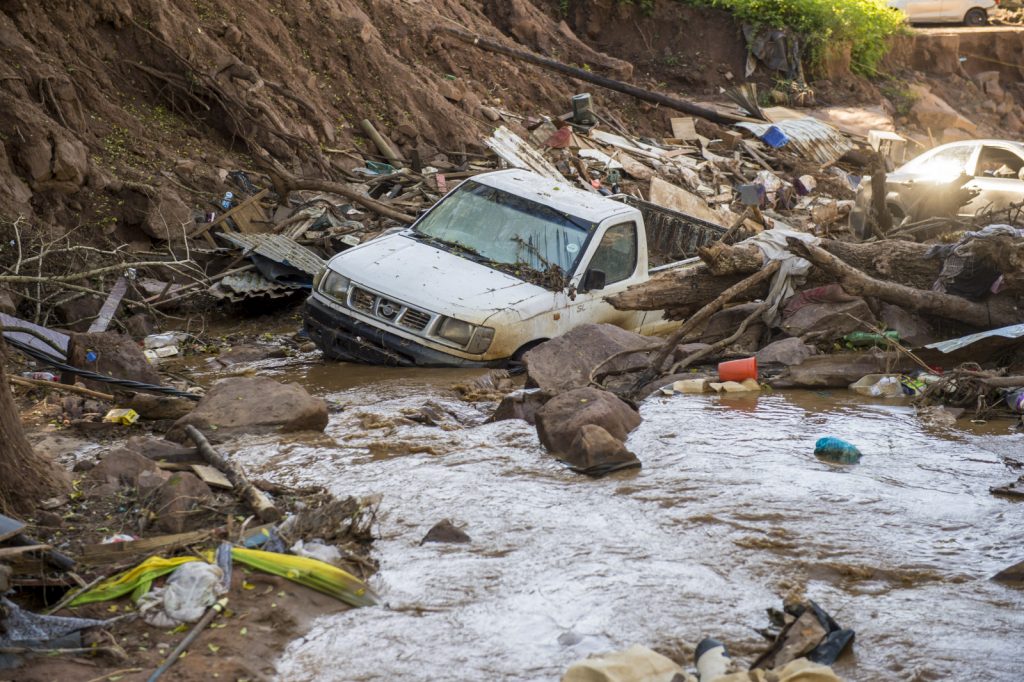Google announced the expansion of its Flood Hub platform to cover 80 countries worldwide, including the addition of eight new countries in Africa. To date, 23 African countries are on the Flood Hub. This expansion comes as part of AI-enabled efforts to address the devastating impacts of floods and provide critical support to vulnerable communities.
The Flood Hub platform offers forecasts up to seven days in advance, benefiting 460 million people globally.
Before it was extended, the Flood Hub platform was available in African countries including Angola, Burkina Faso, Cameroon, Chad, Democratic Republic of the Congo, Ghana, Guinea, Ivory Coast, Liberia, Malawi, Namibia, Nigeria, Sierra Leone, South Sudan and South Africa. The new countries include Burundi, Eswatini, Guinea Bissau, Lesotho, Madagascar, Rwanda, Senegal and Zimbabwe.
The inclusion of these countries ensures that a broader range of African communities facing high flood risk and extreme weather conditions can benefit from Flood Hub’s forecasting services.
Floods claim tens of thousands of lives and cause billions in damage across the world each year. Their effects are particularly severe in low-resource regions that often lack effective early-warning systems.
In addition, Google is expanding flood alerts through search and map notifications, ensuring that individuals have convenient access to timely and critical flood information.
“We recognise the significant impact that floods have on communities worldwide, especially in regions with limited resources and vulnerable populations,” said Yossi Mattias, vice president of engineering and research and crisis response lead. “We are committed to expanding the reach of the Flood Hub platform to support these communities and provide accurate flood forecasting that can help save lives and protect livelihoods.”
Since 2019, nonprofit organisations have been working with Google.org to establish offline alerting networks because of the limited access to cellphones and the internet in some communities. These networks are designed to leverage trained community volunteers who play a crucial role in amplifying the reach of Flood Hub’s warnings. As a result, even individuals without digital connectivity are able to receive life-saving flood alerts.



